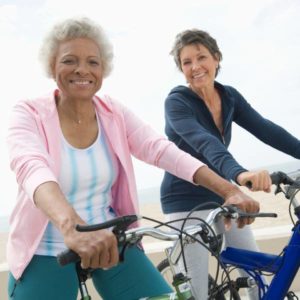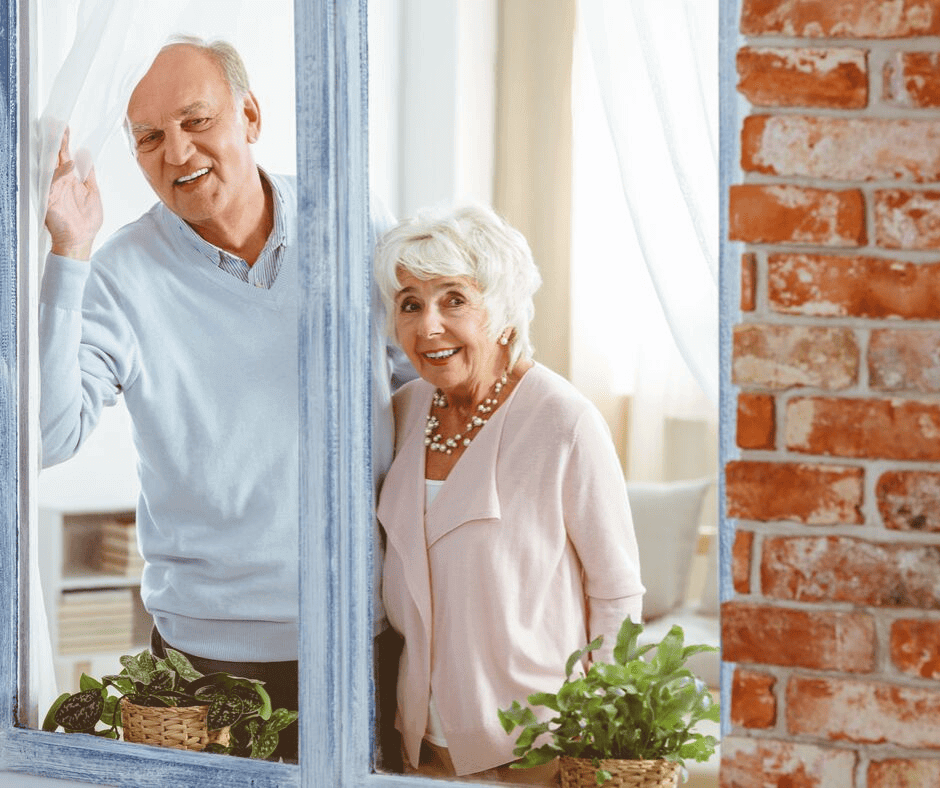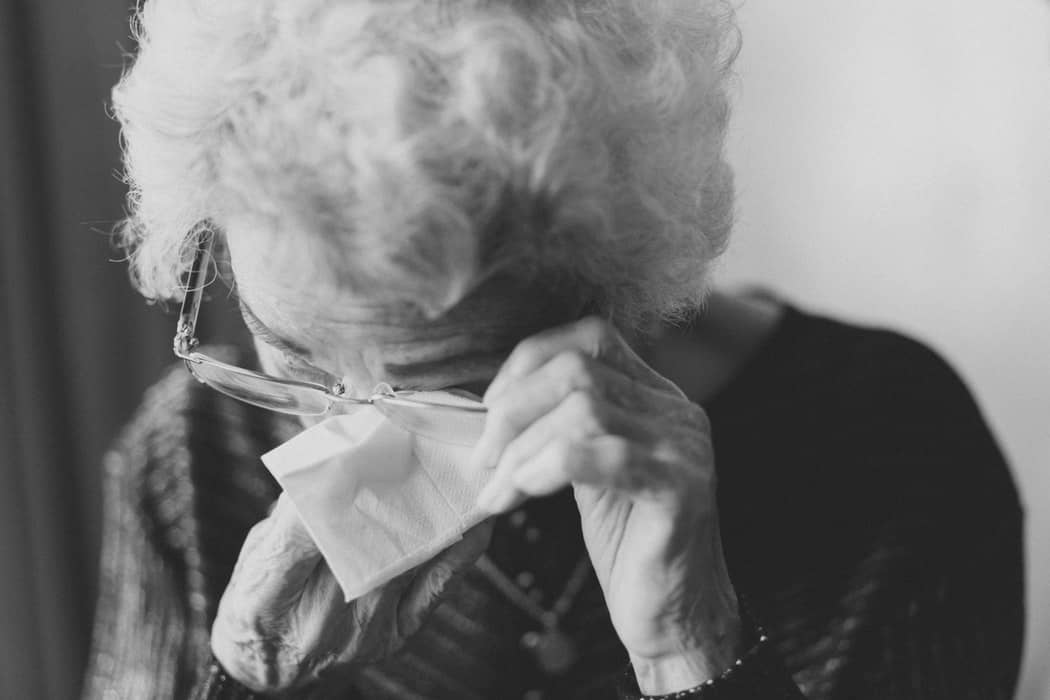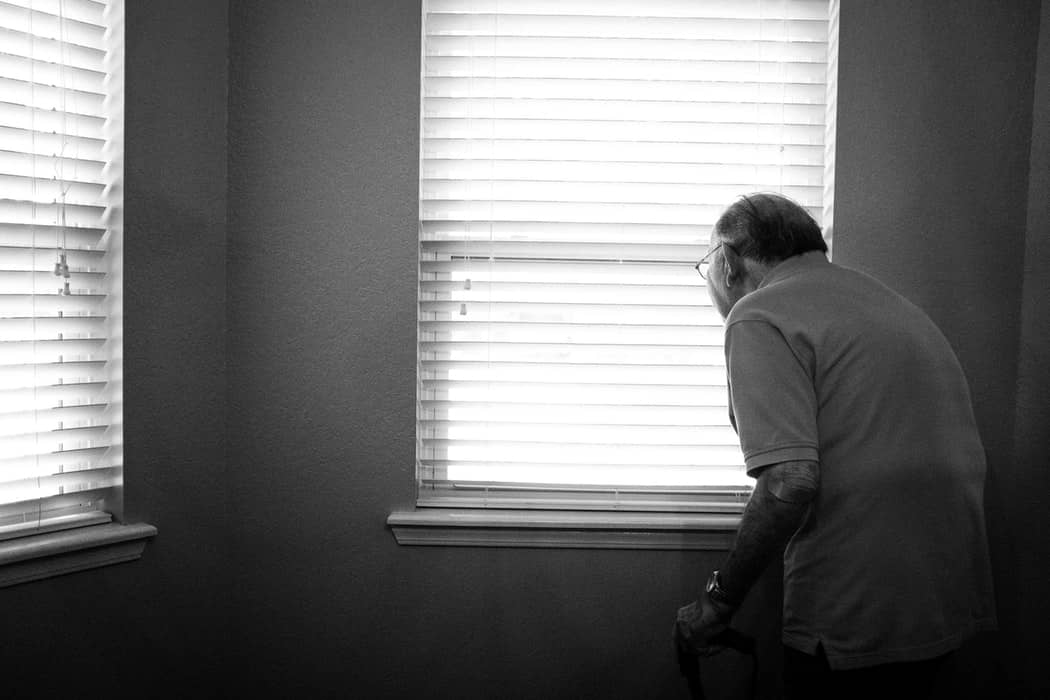How Caregivers Can Help Seniors Prevent Muscle Loss
Our bodies change as we age, that’s for certain, but how much can we prevent? Age-related decline of muscle tissue, also known as sarcopenia, causes an inactive person to lose three to five percent muscle mass for every decade after their thirtieth birthday.
According to WedMD, “Sarcopenia typically happens faster around age 75. But it may also speed up as early as 65 or as late as 80. It’s a factor in frailty and the likelihood of falls and fractures in older adults.”
Can muscle loss be prevented with physical exercise?
Scientists agree that physical activity can halt, and even reverse muscle loss and weakness. As reported in the-scientist.com, research has shown that exercise can promote mitochondrial health, boost protein turnover, and replenish the levels of signaling molecules involved in muscle functioning. In layman’s terms, it is possible to restore muscle health, leading to better muscle function, less chance of falls, and a better shot at living independently further into older age.
The Mighty Mitochondria
In short, mitochondria are in charge of the biochemical process of respiration and energy production. These mighty double-membraned organelle are present in about five to twelve percent of human muscle fibers. Researchers have found that as we age, mitochondria begin to behave unusually and often drop in number. This shift is closely associated with the loss of muscle mass in the elderly.
What kind of exercises improves muscle mass?
Research published in Cell Press (2017), found that aerobic exercise, which included high-intensity interval training, led to cells making more proteins for the energy-producing mitochondria. In other words, high-intensity interval training can effectively improve mitochondrial functioning, thereby halting the aging process at the cellular level.
Aerobic Exercise 
For years, we’ve often been told that older adults should stick to water aerobics or chair yoga, but perhaps that’s not altogether true. If there is mobility or cardiac reason for a more delicate exercise, then maybe aerobics is out of the question. Otherwise, we could expand our interpretation of exercise for older adults to include activities such as spinning or jogging.
According to the National Center for Biotechnology Information, the benefits of cycling include improved muscle strength in muscle groups responsible for maintaining balance and strength. Although cycling has been gaining popularity among the sixty and up crowd, factors like stability and visual impairment must be considered before an older person takes to the road. Indoor cycling is a good alternative, as it allows an older adult to focus on the activity while not having to worry about sharing the road with drivers who aren’t always looking out for them.
Strength and Resistance Training
In a study published by Maria A. Fiatarone and colleagues at Tufts Research Center, it was discovered that high-intensity resistance training greatly improved the muscle mass, strength, and speed of nine nursing home residents over ninety years of age. High-intensity resistance training tends to be performed slower than aerobic exercise or high-intensity interval training and has been shown to be easier on the bones. Exercises include bodyweight activities such as push-ups and squats, as well as medicine ball and hand-weight sequences. Low impact disciplines like yoga and Pilates may also be considered forms of strength and resistance training.
A combination of aerobic and strength training exercises is your best chance at preventing, halting, or reversing muscle loss according to the Cleveland Clinic. Yet, as will any health practice, it is best to consult with your doctor, exercise physiologist, or physical therapist before getting started. A professional will be able to access your current muscle health and direct you to the type of exercises, and schedule, that is best for you.
Call Us
Although our nursing referral service does not provide in-home fitness professionals, we can place a caregiver in your home that will make sure your loved one sticks to their fitness routines as recommended by their doctor. 24-7 Nursing Care is a leading coordinator of nursing care and companion referral services for individuals who want to remain independent and outside of a nursing home setting. As a caregiver referral service, we can help you find the care that is right for your loved one, taking some of the stress off of you. For a free in-home consultation, call us today in Miami-Dade County at (786) 518-3622 or in Broward County at (954) 949-1332.





